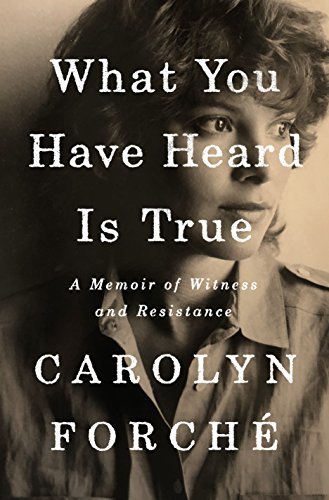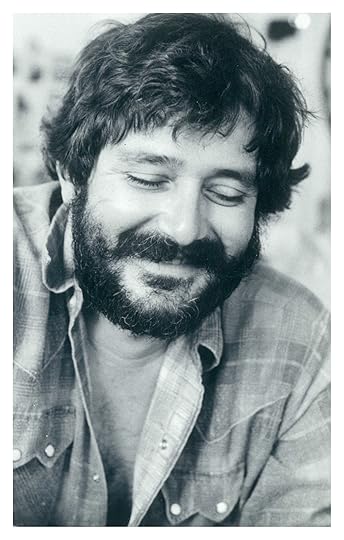What do you think?
Rate this book


400 pages, Kindle Edition
First published March 19, 2019
"
It was a civil war of the 1980s, one that pitted leftist revolutionaries against the alliance of countries, oligarchs, and generals that had ruled the country for decades—with U.S. support—keeping peasants illiterate and impoverished. It was a bloody, brutal, and dirty war. More than 75,000 Salvadorans were killed in the fighting, most of them victims of the military and its death squads. Peasants were shot en masse, often while trying to flee. Student and union leaders had their thumbs tied behind their backs before being shot in the head, their bodies left on roadsides as a warning to others. —Raymond Bonner, The Atlantic
What I saw were wooden boxes, about the size of washing machines, maybe even a little smaller. I counted the boxes. There were six, and they had small openings cut into the fronts, with chicken-wire mesh over the openings. They were padlocked. As I stood there, some of the boxes started to wobble, and I realized that there were men inside them. Fingers came through one of the mesh openings. Blood rushed to my ears, as I stood, trying to orient myself so that I could know not only where the room was but also which wall the boxes were against, and then I walked slowly towards the light of the open door and into the hallway, where Miguel was standing against his crutch.
’That’s the oscura, the darkness, solitary. Sometimes men are held in there for a year and can’t move when they come out because of the atrophy of their muscles. Some of them never recover their minds. Tell them on the outside, tell them,’ and then, raising his voice he said, ‘Carolina, it has been nice to see you again. Give my love to Anna and Carlos [his parents].’ (pp. 159-160)
Written in pencil: When someone joins a death squad he is in for life if you quit you might talk and no one wants to be fingered later for these crimes the first time such a man goes out on an operation he is tested by the others they tell him he must rape the victim in front of them and cut off certain pieces of the body they want to see if he has the stomach for this after that he is as guilty as the others and ... his reward is usually money why isn’t it enough to kill a victim why must each also suffer mutilation the death squad members must all be guilty of every murder so one rapes another strikes blows another uses the machete and so on until it would be impossible to determine which action had caused the death and the squad members are protected from each other by mutual guilt also when mere death no longer instills fear in the population the stakes must be raised the people must be made to see that not only will they die but die slowly and brutally. (p. 261)
The people who had crowded into the courtyard were refugees from the combat areas of San Vincente and Cabañas, severing hundred of them.... I was giving a woman water when a child told me that someone was at the door and asked me to come. An American stood there, gaunt and exhausted, with two cameras hanging from his shoulders.... His Spanish was fluent, almost natively so. He was with Time magazine, was all he said, but “never mind that.” We had been told that as soon as the people were given refuge, a rumor flew around that the soldiers were coming and they were going to kill everyone.... I don’t remember that we exchanged another word. As one by one we heard the trucks pulling up near the entrance, engines thrumming, a seminarian who had been trying to calm someone down told me that it was time. I left the water and stepped outside, as did the photographer, until we were visible to the open trucks which the soldiers rode standing, pointing their rifles at the clouds, engines idling. I heard a whir and click, whir and click. Click click click. The American was taking photographs, so I opened my notebook and started to write nonsense, looking at the soldiers as if I were taking down names. You could hear the din of the courtyard from the street: crying, shouting. The soldiers seemed all to have mastered a certain demeanor: set mouths, hard eyes, helmet straps over their chins. The photographer was still photographing. I didn’t want to go any closer, but they could plainly see me writing in the notebook. And then, just like that, one after another, the trucks wheezed into the road and drove away. ‘Well, that was close,’ I heard the photographer say under his breath. (p. 306)



"What am I trying to say with these declarations? What can be done with the truth of one person?" - "Alex"
I don't photograph corpses unless there are people nearby, living beings, unless the photograph can have some meaning.
"You believe yourself to be apart from others and therefore have little awareness of interdependices and the needs of the whole." Re: America, Leonel Gomez Vides